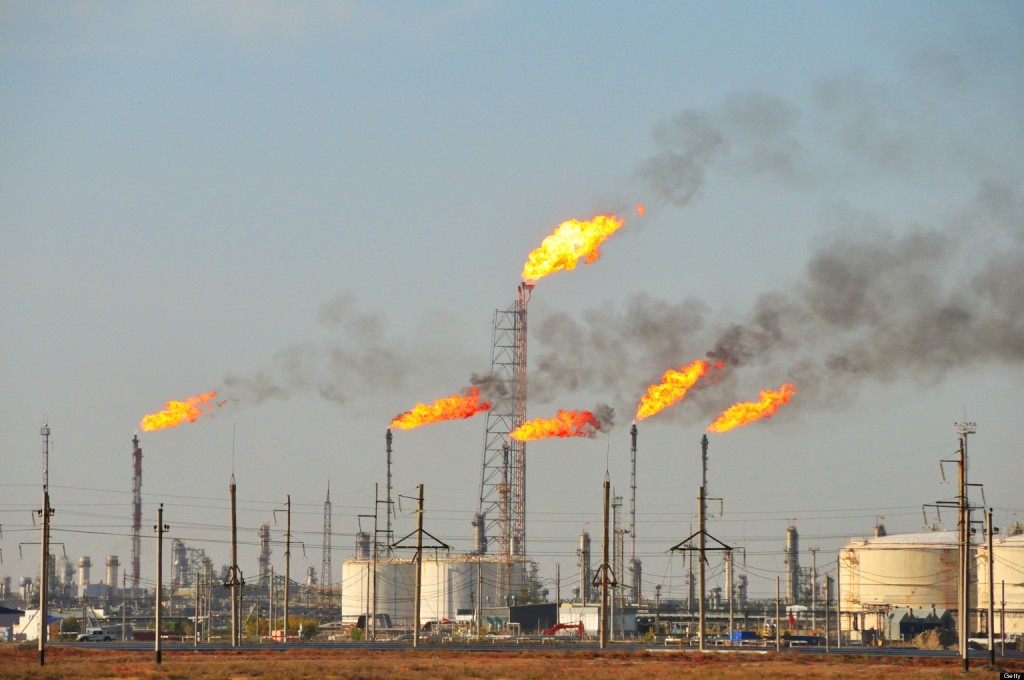Nigeria’s Upstream Petroleum Regulatory Commission (NUPRC) has embarked on an ambitious gas-centric energy transition strategy, aiming to drastically reduce its environmental footprint while simultaneously unlocking significant economic opportunities. This strategy revolves around two key targets: the elimination of routine gas flaring by 2030 and a 60% reduction in methane emissions by 2031. These objectives are not merely aspirational goals but are central to Nigeria’s broader vision of becoming a major player in the global energy landscape, leveraging its abundant natural gas reserves for sustainable economic growth and regional development. This transition is being driven by a comprehensive framework incorporating various initiatives and policies, designed to attract investment, foster innovation, and create a more sustainable and resilient energy sector.
The NUPRC’s strategy recognizes the immense potential of natural gas as a bridge fuel in the global shift towards cleaner energy sources. By focusing on gas monetization, Nigeria aims to create thousands of “green jobs” while significantly reducing the environmental impact of its oil and gas operations. This approach is anchored by key initiatives such as the “Decade of Gas,” the Nigeria Gas Flare Commercialisation Programme, and the Presidential Compressed Natural Gas (CNG) Initiative. These programs are designed to harness the economic value of previously wasted gas resources, converting them into valuable commodities for domestic use and export, thereby contributing to national prosperity and energy security. The move towards gas also aligns with global efforts to reduce reliance on more carbon-intensive fuels, positioning Nigeria as a responsible energy producer committed to a more sustainable future.
Central to Nigeria’s upstream decarbonization strategy is the development of essential infrastructure. This includes expanding Liquefied Natural Gas (LNG) capacity, deploying innovative floating infrastructure solutions, and spearheading the development of crucial cross-border pipelines. These infrastructure projects are intended not only to fuel Nigeria’s own economic growth but also to contribute to a broader “African industrial renaissance.” By facilitating the efficient transport and utilization of natural gas across the continent, Nigeria aims to play a pivotal role in powering industrial development and promoting regional economic integration. This ambitious vision underscores Nigeria’s commitment to leveraging its resources for the benefit of the wider African community, fostering shared prosperity and sustainable development.
Underpinning this transformative vision is the Nigeria Upstream Decarbonisation Framework, a comprehensive policy document that integrates a range of critical elements. This framework encompasses emissions tracking, robust Measurement, Reporting, and Verification (MRV) systems, carbon capture technologies, and access to climate finance through participation in carbon markets. These components work together to ensure a transparent and accountable approach to emissions reduction, while also exploring innovative mechanisms for financing the transition to a lower-carbon future. By integrating these elements, the framework provides a clear roadmap for achieving Nigeria’s decarbonization targets and attracting the necessary investment to support these efforts. The framework is not just a collection of policies but represents a strategic approach to creating a sustainable and resilient energy sector, capable of contributing to both economic growth and environmental protection.
To further solidify its commitment to decarbonization, the NUPRC inaugurated the Decarbonisation and Energy Sustainability Forum in March 2025 and designated March 18 as Nigeria’s Upstream Decarbonisation Day. This annual event serves as a vital platform for stakeholders across the energy sector to convene, track progress, share knowledge, and accelerate the development of climate-aligned strategies. It fosters collaboration and dialogue among industry players, policymakers, researchers, and other stakeholders, creating a shared understanding of the challenges and opportunities associated with the energy transition. This annual event underscores Nigeria’s commitment to fostering a collaborative and transparent approach to decarbonization, ensuring that all stakeholders are engaged in the process of building a more sustainable energy future.
The overarching goal of Nigeria’s decarbonization strategy is not just to reduce emissions but also to transform these reductions into revenue streams. This is being achieved through the development of a new ecosystem of carbon services, encompassing monitoring, consulting, and technology deployment. This innovative approach allows companies to monetize their emissions reduction efforts, creating economic incentives for decarbonization. By developing a robust carbon services market, Nigeria is fostering a dynamic and competitive environment that encourages innovation and investment in emissions reduction technologies. Simultaneously, the NUPRC remains committed to maintaining high environmental and asset integrity standards, ensuring that the pursuit of economic opportunities does not come at the expense of environmental protection and operational safety. This balanced approach underscores Nigeria’s commitment to responsible and sustainable development within its energy sector.


